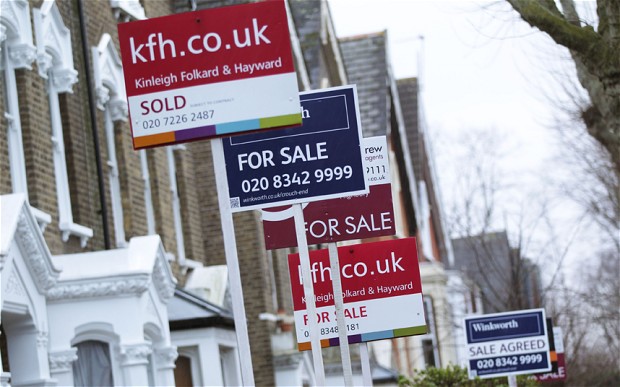
Annual house price growth picked up this month with London outpacing the UK, but prime Central London is feeling the effects of the stamp duty reforms.
UK house prices increased by 0.5% in September, with the annual pace of house price growth picking up modestly to 3.8%, from 3.2% in August according to Nationwide.
This means that the average UK house price is now £195,585.
Despite the strong performance there is evidence of regional divergence, with London continuing to outpace the rest of the UK, while Scotland and the North West experience small price declines.
The annual rate of price growth in London is currently the highest in the country and actually accelerated to 10.6% in Q3, up from 7.3% in Q2.
This means that the average London house price, by Nationwide’s estimates, is now £443,399 – more than double the UK average and more than three and a half times the price of the typical property in the cheapest UK region; the North of England.
Commenting on the figures, Robert Gardner, Nationwide’s chief economist, said: “The capital has continued to see price growth at or above the rate in the UK overall over the past four quarters.”
However, a separate release from upmarket estate agents Savills shows that the stamp duty reforms are taking effect in London’s most expensive boroughs.
According to Savills, prime Central London property prices are 4.6% lower year on year.
George Osborne’s stamp duty reforms in December last year means that some buyers of high-end property have seen their effective stamp duty rates rise from 7% of the property’s price to over 11%.
These reforms mean that the buyer of a property in Kensington and Chelsea – London’s most expensive borough – will on average now pay an extra £18,735 in stamp duty, according to Right Move data.
Commenting on the findings, Lucian Cook of Savills said: “Many buyers are expecting a discount on last year’s prices at least equivalent to the additional tax.
“By contrast, stamp duty changes have benefited properties in lower [price] tiers of the prime market, which have performed more strongly.”
